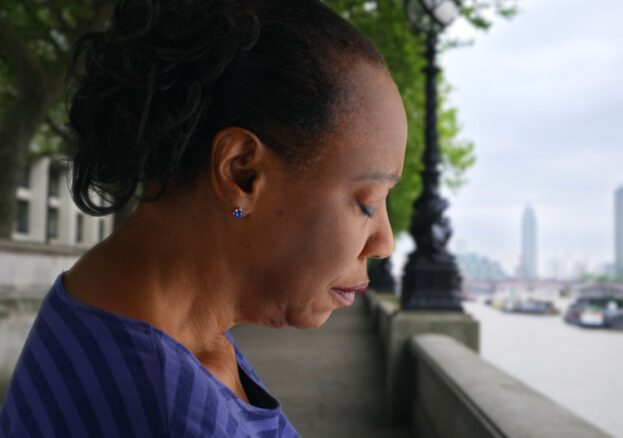
A new report from Age UK, Ageing while Black: The Experiences of Older Black Caribbean People in England, draws on in-depth interviews to explore what it’s like to grow old in this country while being Black. The findings reveal that for many, racism has not faded with age but continues to shape their daily lives — affecting health, housing, finances, and access to public services.
The study shows that older Black Caribbean people often face barriers to getting the support they need, especially from essential services such as the NHS and the welfare system. These barriers are not new but are the result of disadvantages built up over a lifetime — compounded today by both institutional racism and ageism.
Age UK commissioned the research as part of its ongoing support for the Windrush Generation, many of whom are still fighting for justice and compensation after being so badly affected by the Windrush scandal and the Government’s “hostile environment” policies.
The charity points out that the experiences of older people from racially minoritised communities remain under-researched, and that official data on these groups is often patchy or completely missing. Yet the evidence that does exist tells a consistent story: older Black Caribbean people are more likely to face ill health, poverty, poor housing, and isolation. These disadvantages often mirror a lifetime of inequality — in education, employment, and access to healthcare — which continues to affect people well into later life.
The report highlights how years of racial inequality have lasting consequences. Many interviewees described feeling mistrusted, overlooked, or excluded from opportunities that others took for granted. Some spoke of experiencing prejudice in hospitals, workplaces, and housing offices, and of how those experiences left a mark that endures to this day.
One woman in her fifties from London said: “I have sat in meetings where marginalised young people were compared to hungry children in Africa — and not one person thought this was inappropriate.” An 80-year-old woman from Birmingham recalled being asked if she had a tail because “monkeys do.” Another participant, a man in his sixties, described how his family was treated unfairly by the housing system: “Some families were automatically put at the bottom of the list because they were from minority communities.” A woman reflecting on her experience of maternity care said: “As a pregnant Black woman, I was treated differently — patronised and dismissed — while my white friends were spoken to with care and patience.”
These personal stories illustrate the deep emotional impact of everyday racism and its long-term effects on health and wellbeing. The report calls for urgent action to address this legacy and to ensure that older Black Caribbean people can access the services and support they deserve.
Among its key recommendations, Age UK urges the Government and public bodies such as the NHS to take meaningful steps to tackle institutional racism, improve ethnicity data collection, and rebuild trust with Black Caribbean communities. It calls for fairer pay and pensions, better access to benefits, improved housing standards, culturally competent healthcare, and tailored mental health support that recognises the combined effects of racism and ageism. The charity also emphasises the importance of justice for Windrush survivors, many of whom are still waiting for fair compensation and recognition.
Paul Farmer, Chief Executive of Age UK, said: “Many of the older Black Caribbean people interviewed for this report have contributed hugely to our society — raising families, building communities, and enriching Britain’s culture. Yet too many have also faced racism, injustice, and discrimination, from the Windrush scandal to everyday prejudice. Every older person deserves to feel valued and included. This report shows we still have work to do before that’s true for everyone.”
Caroline Abrahams, Charity Director at Age UK, said: “Racism and discrimination have lifelong impacts — on health, income, housing, and wellbeing — and these inequalities don’t simply disappear in later life. In fact, they often grow worse when combined with ageism. With better understanding, more accurate data, and services designed to meet the needs of different communities, we can start to close these gaps.”
Jeremy Crook OBE, Chief Executive of Action for Race Equality, said: “This important report highlights the lifelong toll of racism — how it shapes people’s health, opportunities, and security as they age. We strongly support the call for urgent action on ethnicity pay and pension gaps, and for justice for the Windrush generation before it’s too late. This generation has given so much and received too little in return.”
Timi Okuwa, Chief Executive of the Black Equity Organisation, said: “This report shows clearly how racism, discrimination, and inequality combine with ageism to harm people’s health, finances, and wellbeing. We’re proud to support Age UK’s work in amplifying these voices. Our hope is that it leads to real, lasting change — so older Black Caribbean people can age with dignity, security, and equality.”
Read for report here Ageing while Black: the experiences of older Black Caribbean people in England’.
